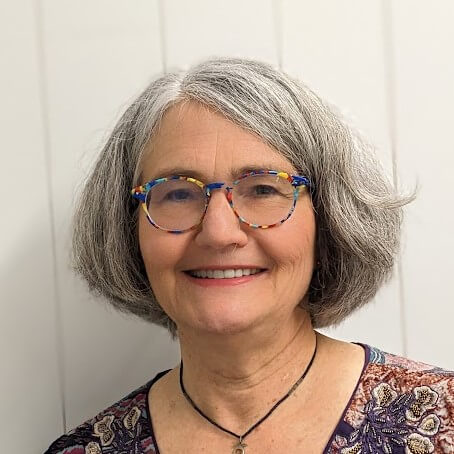By: Linda Knieriemen
I’m a Death Doula. Reading that word— “death”—may surprise you. In our society we do all we can to avoid both the word and the event! She “passed away,” “bought the farm,” “went to heaven,” “met her Maker,” “kicked the bucket,” “transitioned.”
You know the euphemisms.
She DIED. Saying the word “death” or “dying” can be very jarring. Yet, the concept of death is a reality that we need to become more comfortable with rather than choosing alternative words. Because of my work as a pastor ministering to the dying, I’m very comfortable with death and in this latest role, I want to help people gain some measure of, if not “comfort” exactly, then knowledge and awareness of the very thing we all will experience.
What is a Death Doula?
Many people are unfamiliar with the term “doula.” Here’s a brief summary: about fifty years ago the term was resurrected from the ancient Greek word doulè meaning female servant who assisted women in childbirth. Just as a birth doula isn’t a midwife, a physician, or spouse, but a companion, educator, emotional supporter and provider of physical comfort, a Death Doula is neither a hospice nurse, a physician, or a family member, but a woman or man who companions those who are on their journey of dying.
Although “death doula” names it very clearly and plainly, it doesn’t mince words, which may be very uncomfortable to some. So, the use “end of life doula” is also one that’s widely embraced. One benefit to “end of life” is that it infers a longer period of time than the word “death.” Because “end of life” can be a much longer time and include not just the very, very end, but maybe from a diagnosis or from a certain age.
How is a Death Doula Different from Hospice?
A death doula doesn’t replace hospice, but rather is part of a larger team of individuals caring for the dying person. In addition to hospice staff and volunteers, the dying person may call upon their church pastor, a nurse, a medical social worker.
A death doula is an accompanyer, an educator, a referrer, helping families set goals. They might do paperwork, and perhaps help implement plans that hospice may be making. Doulas are often present for conversations with family during the inevitable difficult times.
How Does One Become an End-of-Life Doula?
For 30 years, I served as a pastor in Presbyterian Church (USA) congregations, and it was around matters of dying, burial, and grief support that I found the greatest meaning. Now, in my retirement I feel called to this related but different work, serving as a companion, educator, consultant and friend, to people who are at the end of their life. To augment my experiences as a pastor, I’ve completed the requirements to be certified as an End-of-Life Doula (CEOLD) through Lifespan Doulas, LLC.
For me, walking alongside a person who is dying is a privilege. Even through the tears which inevitably flow, to do this work brings serenity and… and a deep contentment. And my clients express the same.

About the author: Linda Knieriemen is a retired Presbyterian minister. After years of ministering to the dying, she now is a certified Death Doula, bringing peace and comfort those experiencing their end of life. Linda lives in West Michigan, enjoys the company of her six year old Springer Spaniel, Porter, international cuisine and a good meaty novel.









0 Comments